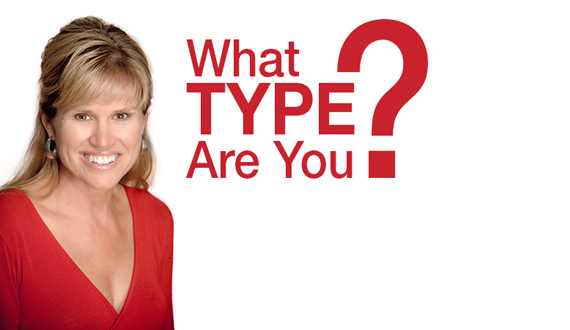Did you know there are different types of PCOS? They’re called “phenotypes” on the technical side. And PCOS is considered a “condition” or “syndrome” because women present with different symptoms.
Polycystic ovary syndrome is considered one of the most common endocrine disorders in women of reproductive age causing menstrual and fertility issues, as well as metabolic, cardiovascular and reproductive risks. And if not addressed with food, nutrient and lifestyle modifications, the associated symptoms carry on well into menopause and can become life-threatening.
The different types of PCOS depends on the resource. Next week I’ll give you the steps to address each one.
Where do you fit in?
The four Rotterdam PCOS phenotypes are as follows:
- Polycystic ovaries on ultrasound, high androgen levels and irregular menstrual cycles (also referred to as “PCOS Complete”)
- Polycystic ovaries on ultrasound and irregular menstrual cycles
- High androgen levels and irregular menstrual cycles
- High androgen levels and polycystic ovaries on ultrasound
The four PCOS phenotypes according to Fiona McCullough, ND are:
- Type A (Classic PCOS): high androgen levels/androgenic signs, irregular periods/delayed ovulation, polycystic ovaries
- Type B (Classic PCOS): high androgen levels/androgenic signs, irregular periods/delayed ovulation, normal ovaries
- Type C (Non-Classic PCOS): high androgen levels/androgenic signs, regular periods – 35 days or shorter cycles/ovulation, polycystic ovaries
- Type D (Non-Classic PCOS): Normal androgens, irregular periods/delayed ovulation, polycystic ovaries
The four types of PCOS according to Lara Briden, ND are:
- Insulin – resistance: elevated insulin, glucose levels, abnormal glucose tolerance test, may have elevated LH
- Pill-induced PCOS: the birth control pill suppresses ovulation. Usually ovulation will resume once the pill is discontinued but sometimes it can take months or even years
- Inflammatory PCOS: results from chronic immune activation caused by stress, environmental toxins, intestinal permeability and inflammatory foods.
- Hidden-cause PCOS: something that’s blocking ovulation like too much soy, thyroid disease, a vegetarian diet, iodine deficiency, artificial sweeteners, low carb diet (she calls it “too little starch”)
Which “type” describes you? Which do you resonate more with?
Next week I’ll show you how to make sense out of all of this.
References:
- J Hum Reprod Sci. 2013 Jul-Sep; 6(3): 194–200. doi: 10.4103/0974-1208.121422, https://www.ncbi.nlm.nih.gov/pmc/articles/PMC3853876/
- 8 Steps to Reverse Your PCOS, McCullough, Fiona, NC pp. 13-16
- http://www.larabriden.com/treatment-for-4-types-of-pcos-treat-the-cause/
Next Steps
- Take the PCOS Quiz! Get your score and assess your hormone health risks.
- Join our Facebook Sisterhood Group Pose your questions to this group of like-minded women. Get the answers to your questions and the support you need.
- Checkout the Hormone Reset. Guided Practices to eliminate anxiety, lose weight and boost energy.
We are committed to helping women reverse their symptoms of hormone imbalance – a major cause of excess weight gain, adult acne, unwanted facial hair, depression, anxiety, and heartbreaking female infertility.
©Insulite Health empowers women with hormone imbalance to transform their lives through a process of healing with the Natural Hormone Solution –a complete solution for helping women reverse the symptoms hormone imbalance..

